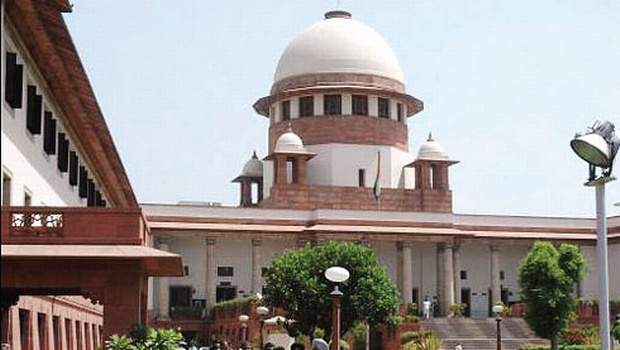
The Armed Forces (Special Powers) Act of 1958, which gives immunity to the security forces in those regions it is implemented, is a complicated subject. The act has been criticised by many due to the fact that it puts liberty offered by the constitution of the country at stake. The country has witnessed a decade-long hunger strike and many other protests and demonstrations over this issue. Still, the centre has not yet taken any risk by repelling the order because all political parties which have gotten the opportunity to rule the centre have shared a similar opinion that once the act is revoked, the region may subject to severe conflicts and violence. It may be true. But, how long can the liberty be fettered? Is it impossible to find a feasible solution? Or, is there any other hidden agenda?
Recently, the Supreme Court, ending the decades-long silence over the issue, while hearing a plea filed by hundreds of families living in Manipur, questioned the absolute immunity enjoyed by the security officials, saying if a security force commits any crime he will face criminal proceedings. While seeking the reconsideration, the government’s representative argues that the order is restricting the security forces from carrying out the anti-militant operation. It seems that the new development over the issue is likely to trigger fresh debates and discussions across the country. Assam, Jammu and Kashmir, Nagaland and Manipur are the main regions which suffer under the clutches of the AFSPA. Some regions of Arunachal Pradesh and Meghalaya face this draconian law.
Vignesh
Photo Courtesy : Google/ images are subject to copyright









